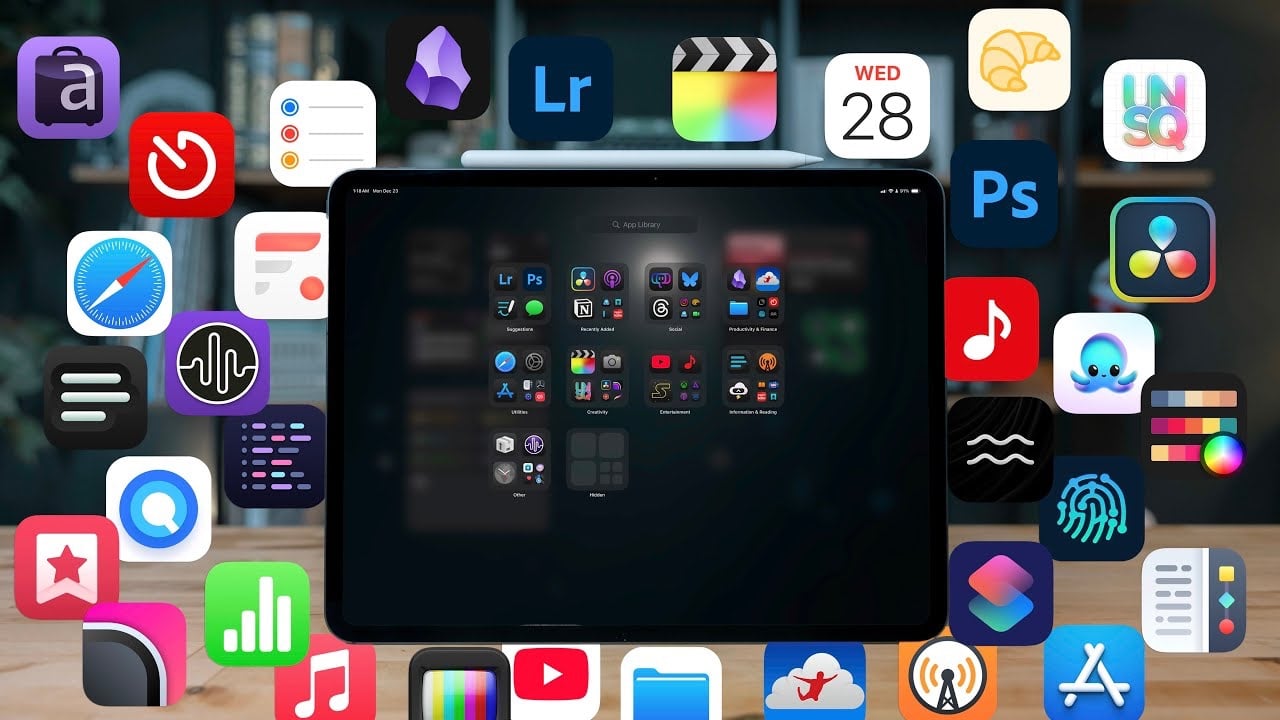
It has always been with us, but the phenomenon of what I call anecdotal medicine has taken a new and disturbing place of prominence in our society. My grandmother warned me about this. “Don’t believe something just because someone says it,” she told me.
A simple but profound teaching. But more and more people today believe medical advice just because someone has said it. We are witnessing the rise of social media influencers as sources of medical advice.

Forbes reports that one-third of Americans now get much of their health information from social media. All I can say is this: Think of my grandmother whenever you come across people offering you health advice online. For example, is shoving garlic cloves up your nose a good cure for a cold? One video says it is.
And while blowing your nose after you insert the garlic does, in fact, seem to reduce congestion, Grace Niewijk points out it does so by irritating the nasal passages, which actually increases the amount of mucus your body produces — making things worse. And you risk damaging your nasal passages or inhaling a garlic clove, and that’s not something anyone wants. Another video recommends that people put potato slices in their socks and wear them overnight to “draw out the toxins” and protect them from viruses such as the flu.
This is absolutely absurd, but VeryWell Health magazine reports that videos about this have reached millions of people, making the phrase “potato sock” a trending term. And these videos come with “testimonials” from people claiming to be cured. This only illustrates the power of the placebo effect, not the power of potato slices.
One woman I have seen online claims to be a doctor but is not — and yet her videos have been viewed more than 700,000 times. She has a real impact on many people’s lives. Among her claims: Cancer can be cured by baking soda.
She falsely claims that one doctor cured 90% of his cancer patients with this approach. Not true. And here is the real problem.
People who fall for this anecdotal approach to medicine can risk harm or even death by rejecting medical care that can actually help them. These “medical influencers” are the modern version of the old-time traveling salesmen who sold snake oil as a cure all. Social media health advice is appealing, because it is visual, direct, easy to absorb.
But that doesn’t make it good health advice. You will often hear on social media that the cure being offered is something that “big Pharma doesn’t want you to know,” or that the “insurance companies don’t want you to have.” For some, the forbidden character of a cure makes it even more appealing.
I have many serious criticisms of drug companies that push their products and of the way insurance companies conduct their business. And I am open to considering many non-traditional approaches to healing. But embracing full-blown conspiracy notions can be harmful to your health.
According the the University of Chicago Medical Magazine, roughly half of medical posts on social media are from medical influencers and contain misleading or even harmful information. There is some excellent information on social media by medical professionals, but the average person often has trouble distinguishing between the qualified and unqualified people they encounter on the internet. It is true that we should all be advocates for our own health.
This means we should study things related to health, rather than just accepting everything our doctors tell us. Doctors are just like people in every other profession. Some are outstanding, some are good, some are average, and some are not good at all.
Ask your doctors questions. Challenge what they say. But don’t dismiss everything they say just because they're doctors.
We have to learn to be smart about this and not fall for the growing number of ignorant people — some sincere and many others who are nothing but charlatans — who peddle advice about health and care nothing about the impact it could have on your life. So, take advantage of the internet. It can be a good source of information.
But don’t let your fears about your health lead you to embrace the first cure you discover on social media. Examine your sources. Compare sources.
Read articles in medical journals. Think things through carefully. And don’t put potatoes in your socks.
Solomon D. Stevens of North Charleston is a retired professor of constitutional law, American government and political theory. He is a regular contributor to The Post and Courier Opinion section.
He can be reached at [email protected] ..















